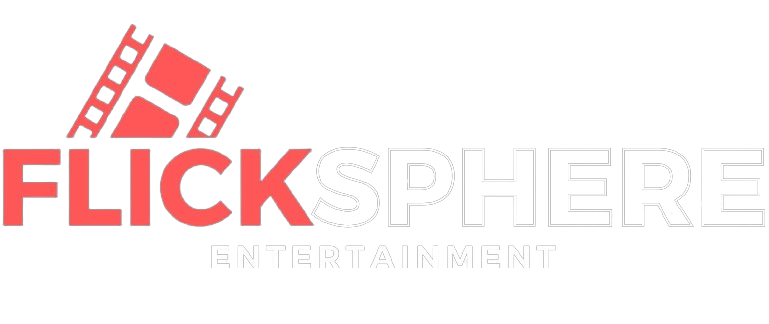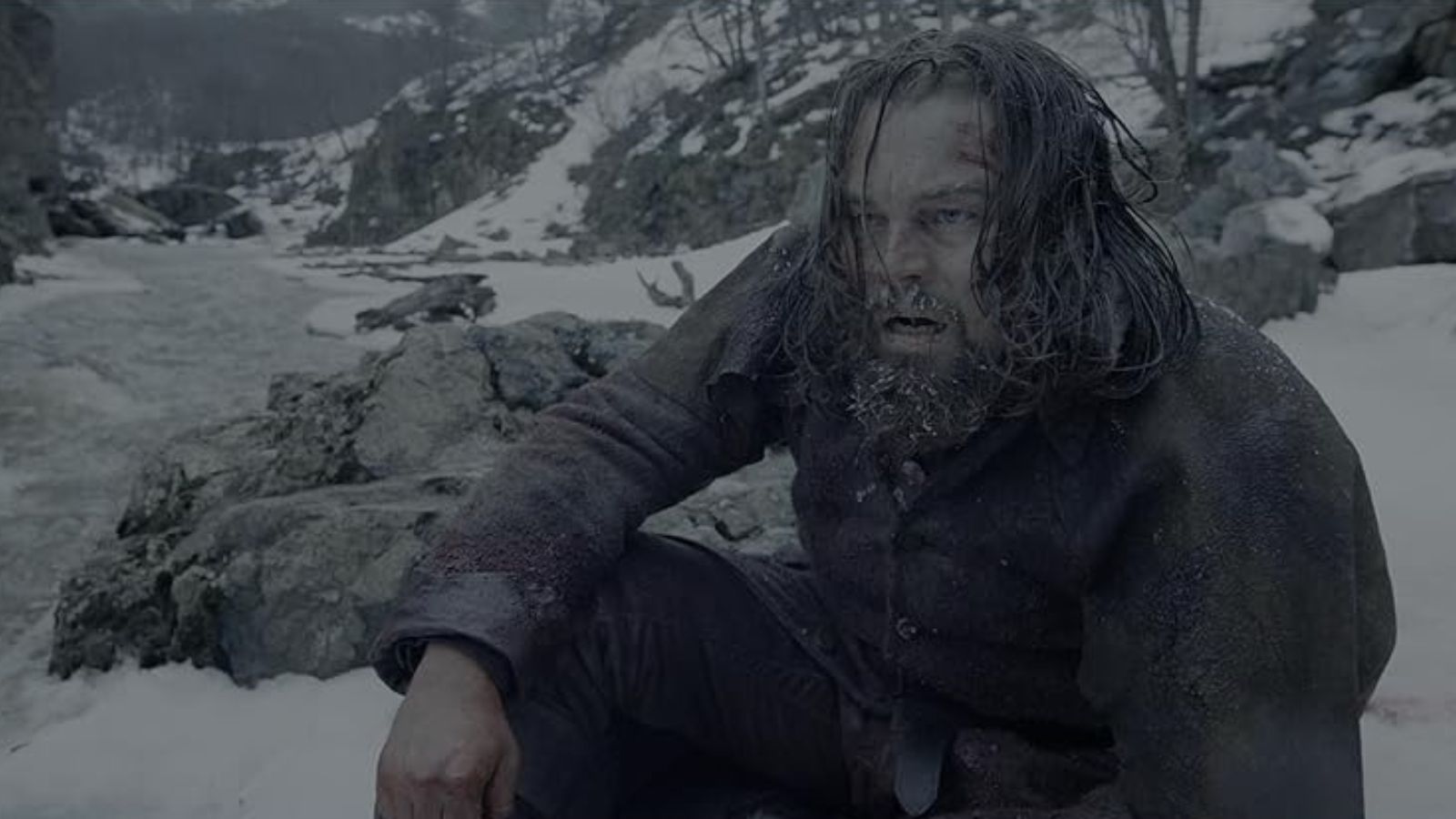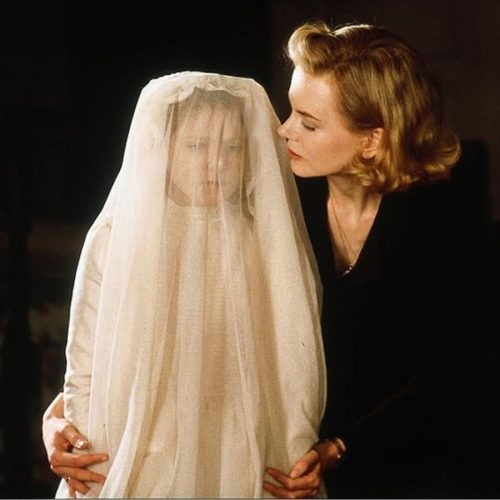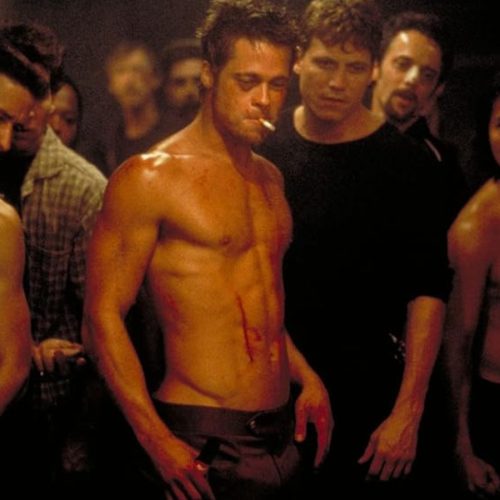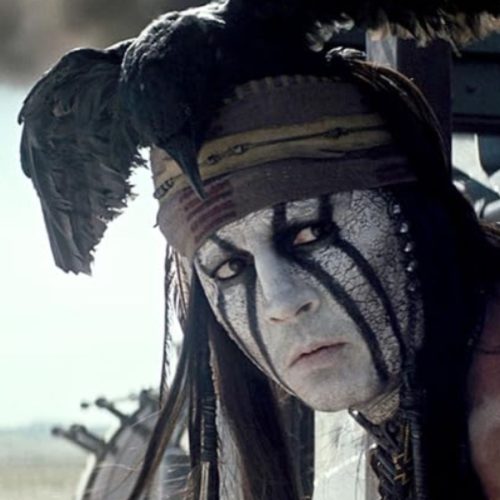It’s the curse of many critically appraised films that they’re perceived by some audiences as overrated. While celebrated for their technical achievements, performances, and storytelling, they have nonetheless faced criticism for reasons that challenge their widespread acclaim. These 18 movies may have gained widespread attention upon release, but there’s something decidedly overhyped about them.
Avatar
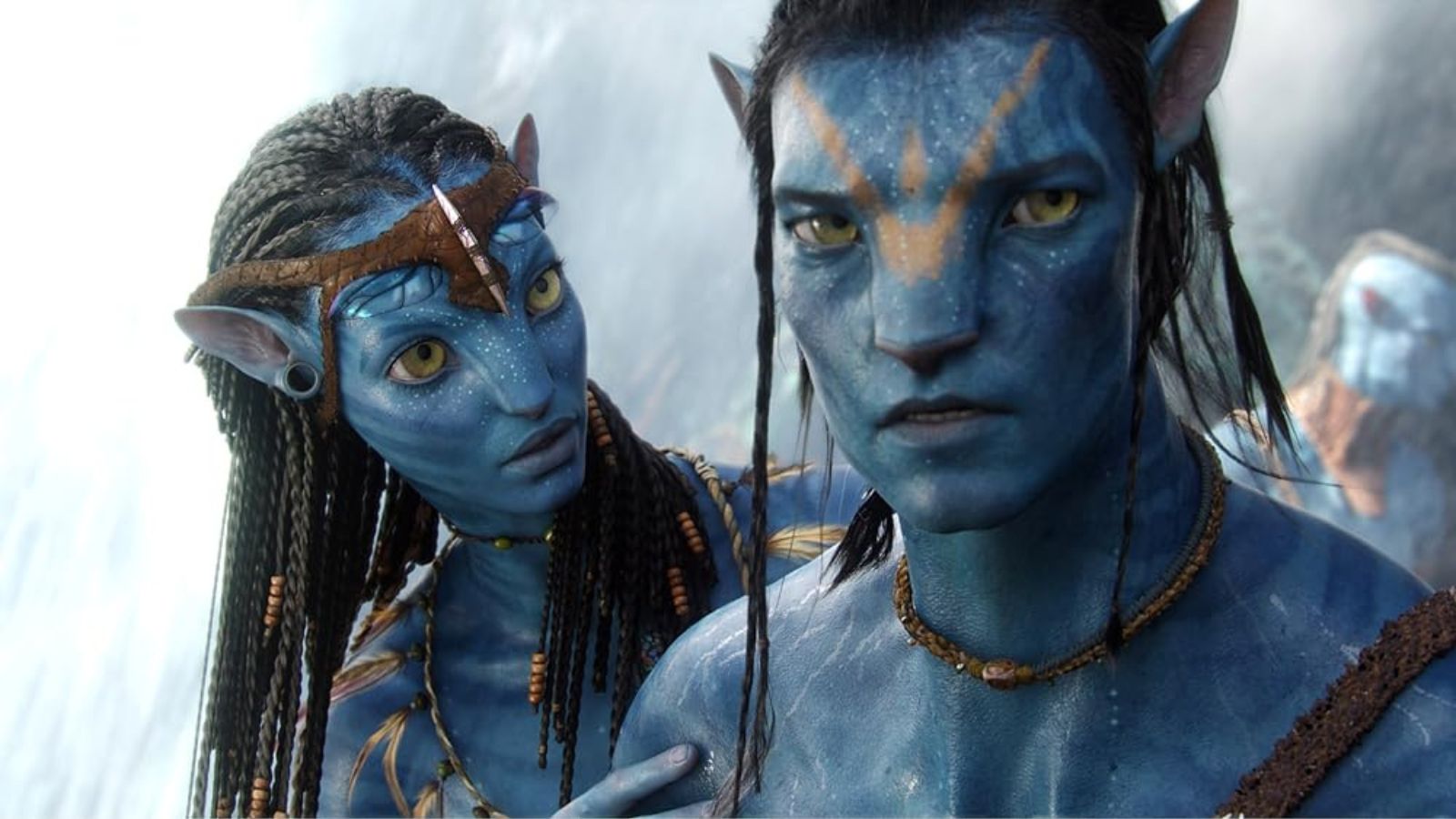
Released to immense fanfare for its groundbreaking visual effects and immersive 3D experience, Avatar remains one of the highest-grossing films ever. But beyond its technical achievements, many argue that its storyline parallels familiar narratives of colonialism and environmentalism and lacks the depth and originality needed to sustain its epic scale and global impact.
Titanic

James Cameron’s Titanic set sail with grand ambitions to retell the ship’s tragic sinking amidst a sweeping romance between Jack and Rose. While the film received critical acclaim and dominated the box office, it has not been immune to criticism. Some viewers find its dialogue overly melodramatic and the central romance clichéd, questioning whether its historical accuracy and emotional resonance are overshadowed by its blockbuster spectacle.
Forrest Gump
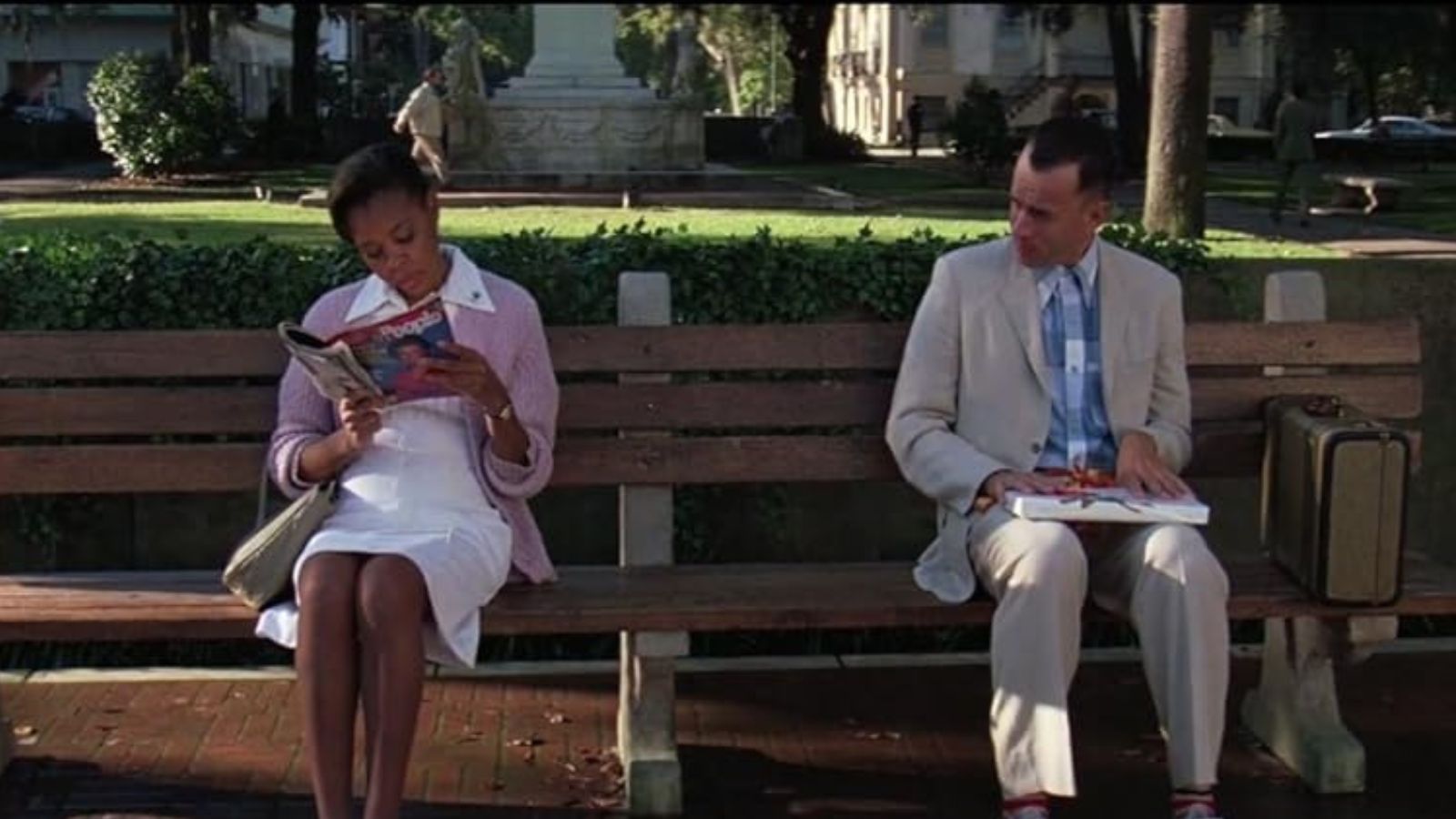
Forrest Gump captured the hearts of audiences with its portrayal of an ordinary man navigating extraordinary circumstances across decades of American history. Though Tom Hanks’ portrayal of the titular character earned widespread praise, the film’s simplistic portrayal of complex social issues, such as race relations and disability, has sparked debates. Critics argue that while it provides a sentimental journey through pivotal historical moments, it may oversimplify the deeper complexities of its themes.
The Blair Witch Project
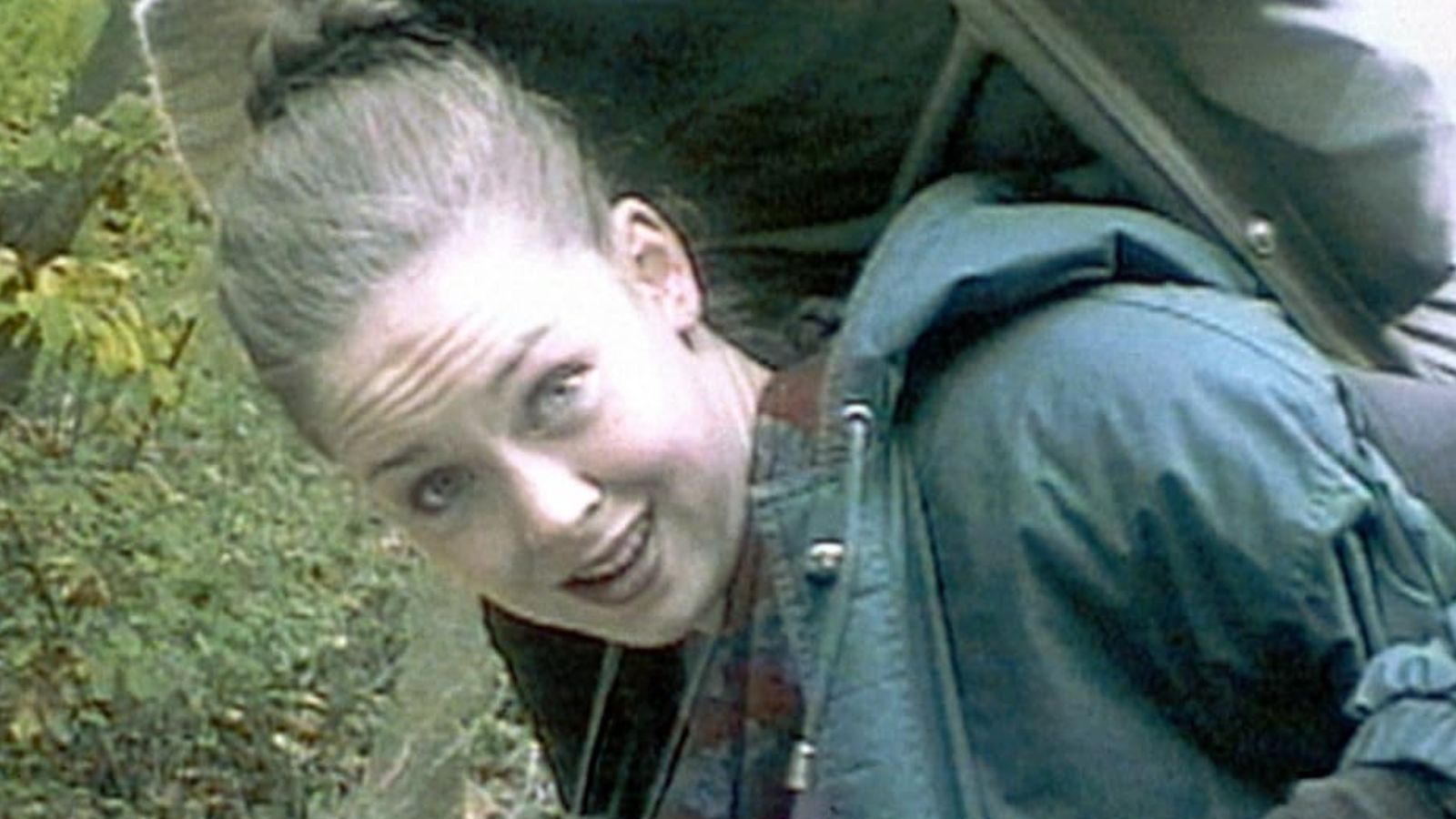
As a pioneer of found-footage horror, The Blair Witch Project revolutionized the genre with its minimalist approach and viral marketing campaign. But despite its cultural impact and ability to generate fear through suggestion rather than explicit visuals, some viewers criticize its shaky camera work and ambiguous ending, questioning whether its innovative style earns it a place in the novelty horror genre.
Interstellar
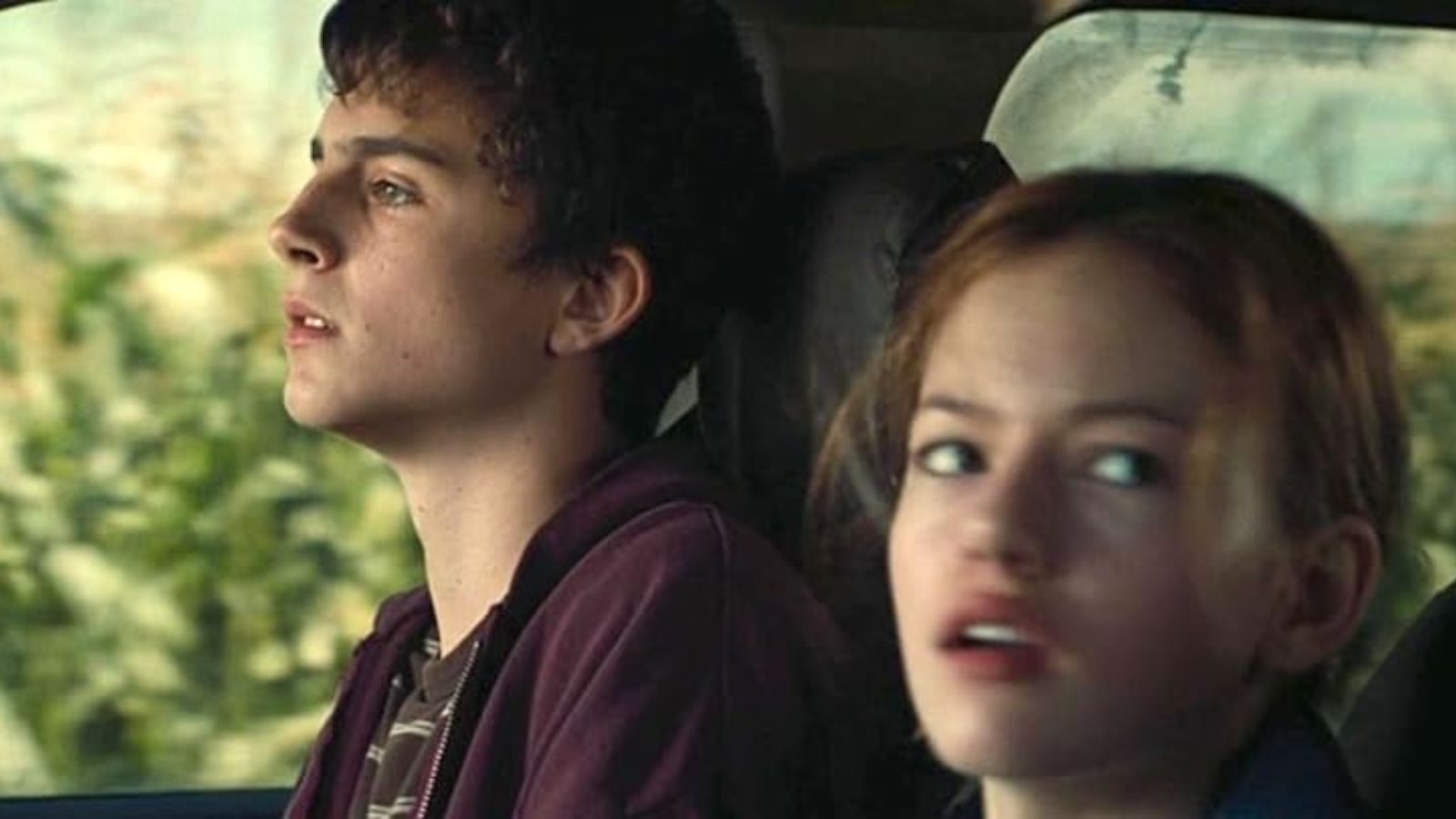
As vast as it is epic, Christopher Nolan’s Interstellar ventured into the cosmos with a blend of breathtaking visuals and complex scientific theories. While praised for its ambition and technical achievements, the film’s intricate plot and ambitious scope have divided audiences. Some find its narrative layers and exploration of time dilation and space travel intellectually stimulating, while others struggle to connect emotionally with its protagonists.
La La Land
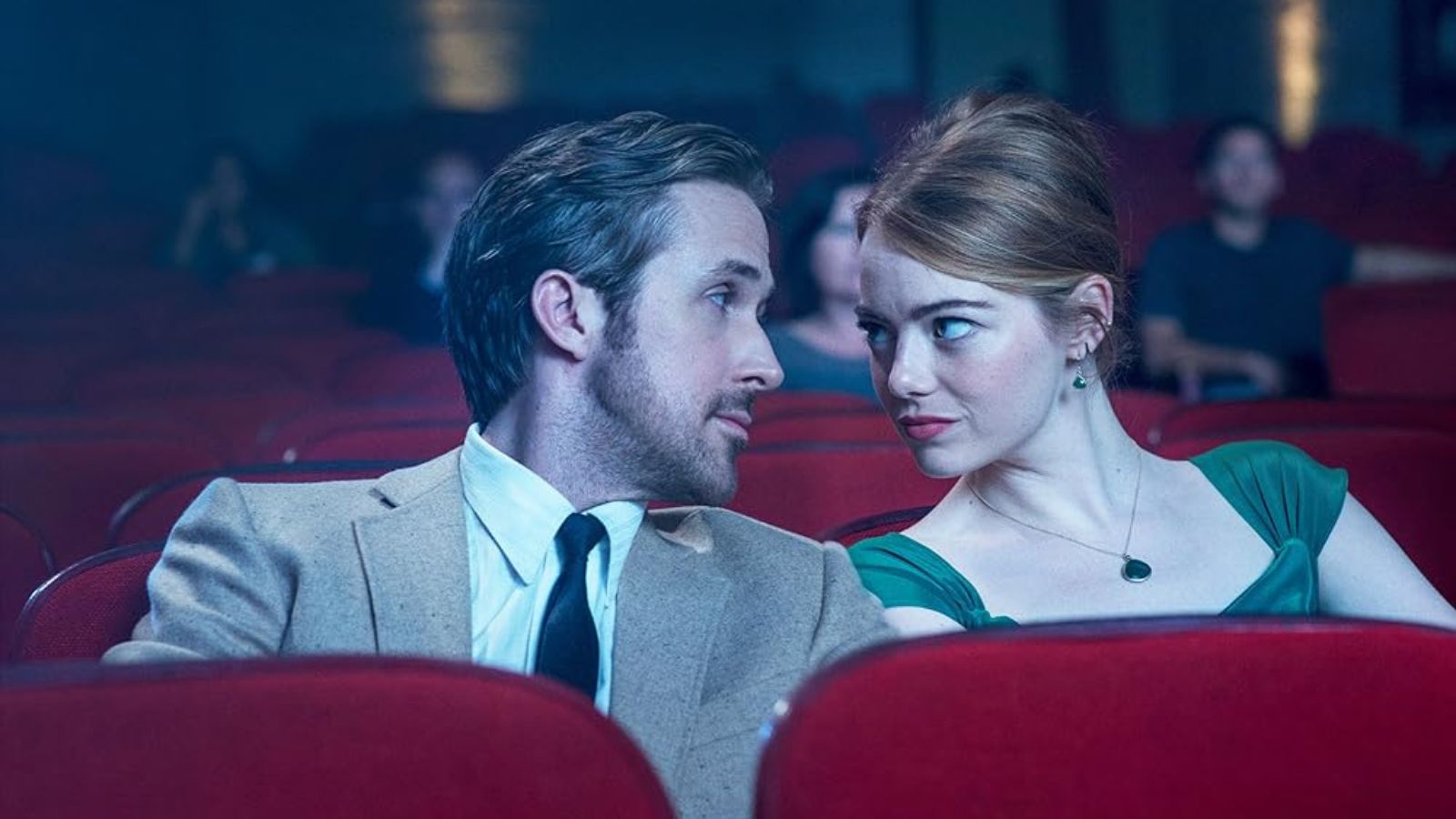
La La Land revived the classic Hollywood musical with its colorful cinematography and poignant performances by Emma Stone and Ryan Gosling. But its nostalgic homage to Golden Age musicals and romanticized portrayal of Los Angeles has sparked debates. Among its biggest complaints are the jarring narrative pacing and melancholic ending.
The Matrix Reloaded

With big shoes to fill, The Matrix Reloaded expanded on the philosophical themes and groundbreaking action sequences of its predecessor, but not without relying on CGI and convoluted narrative arcs. While some appreciate its ambition to deepen the mythology of the Matrix universe, others criticize its departure from the simplicity and clarity that defined the original film’s impact.
The English Patient
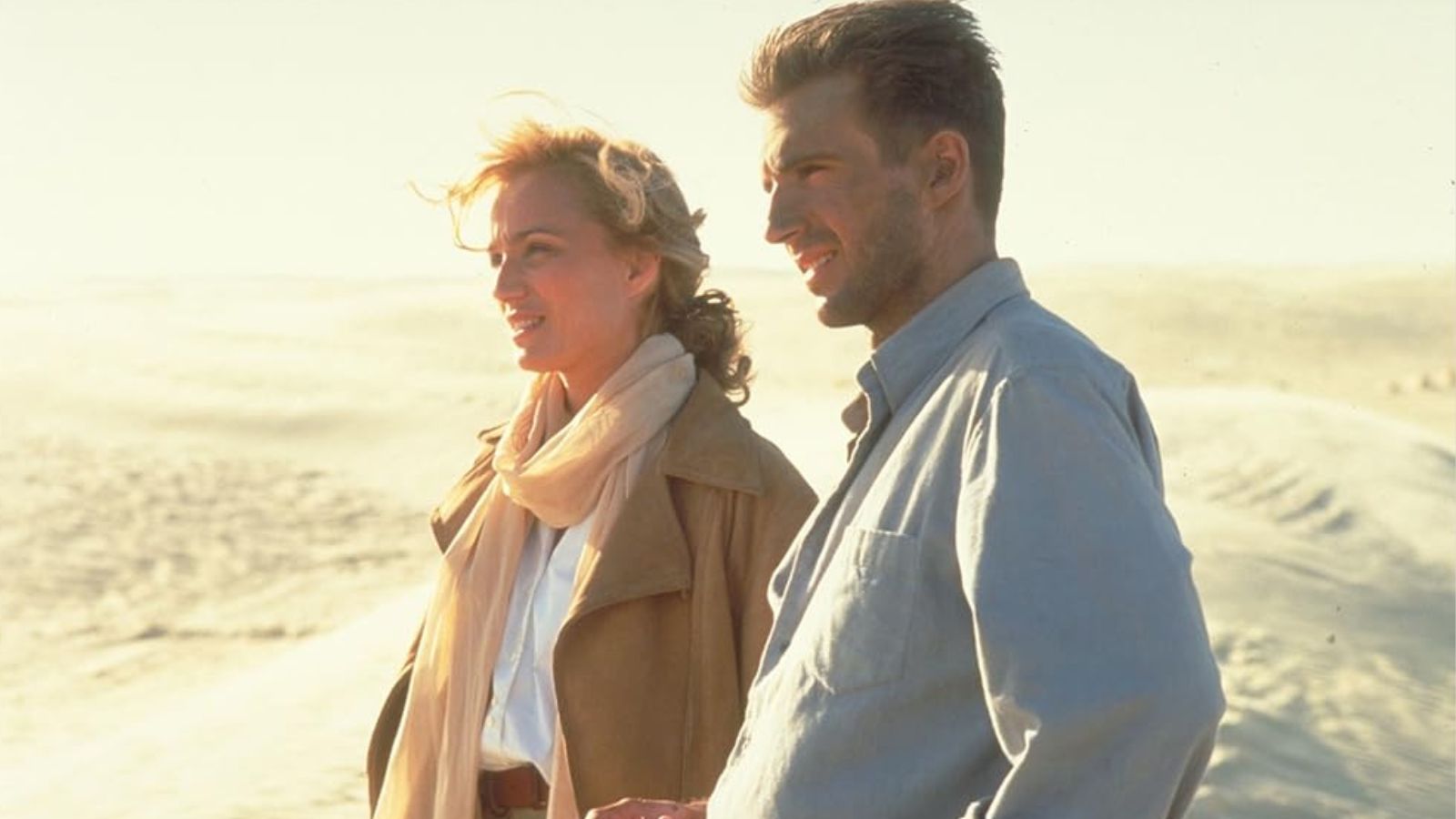
Critically acclaimed for its performances and sweeping romantic storyline, The English Patient transports viewers to World War II-era Europe, but there are glaring faults beneath the historical setting. With its lengthy runtime and melodramatic tone, many viewers felt alienated from the plot and craved a more concise narrative.
Inception
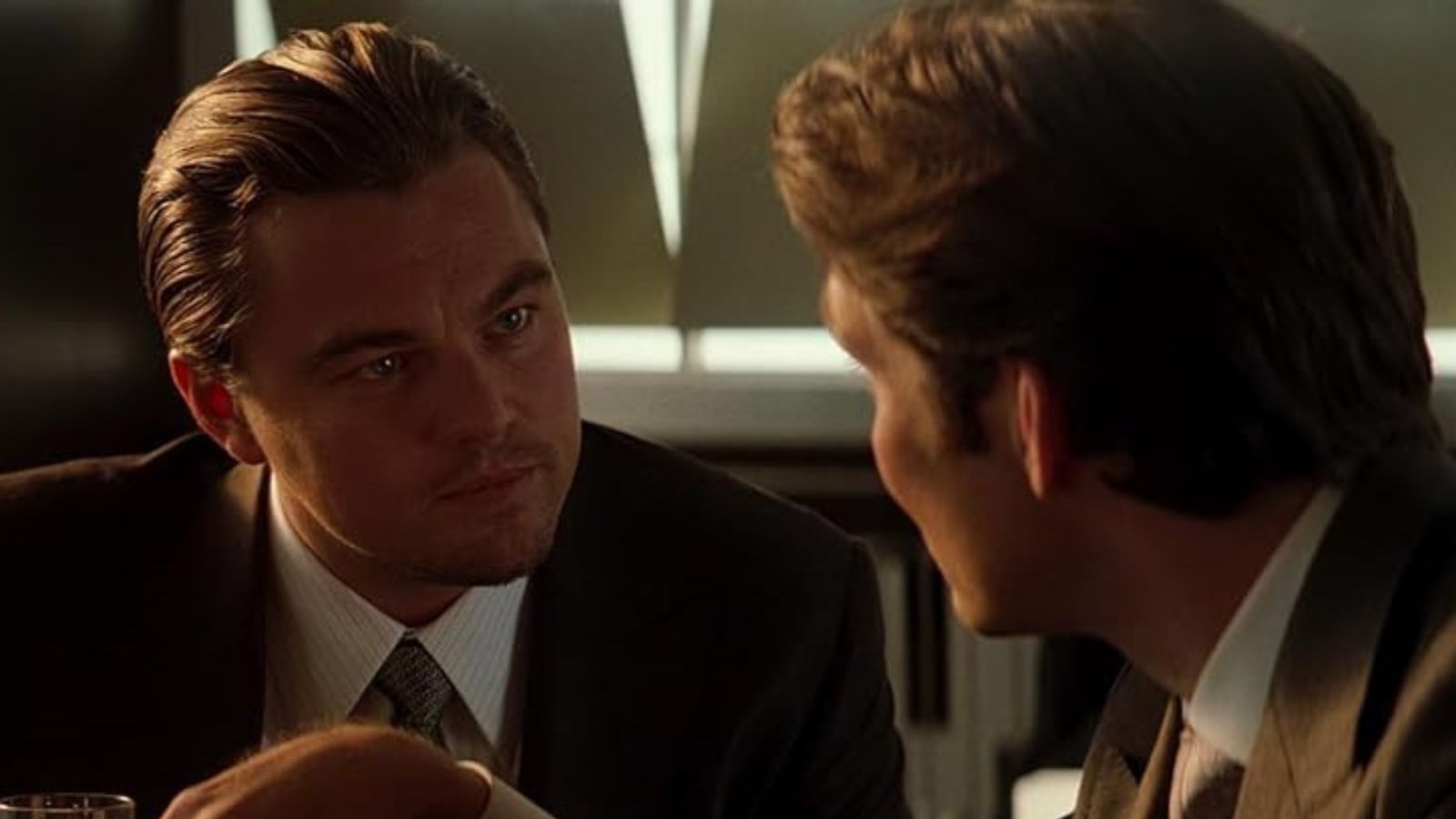
Impressing audiences with its visual effects and intricate plot, Inception expertly delves into the layers of the human mind. Few people question its contribution to the cinematic world, but many viewers quickly point out its flaws, including a complex narrative and ambiguous ending.
American Beauty
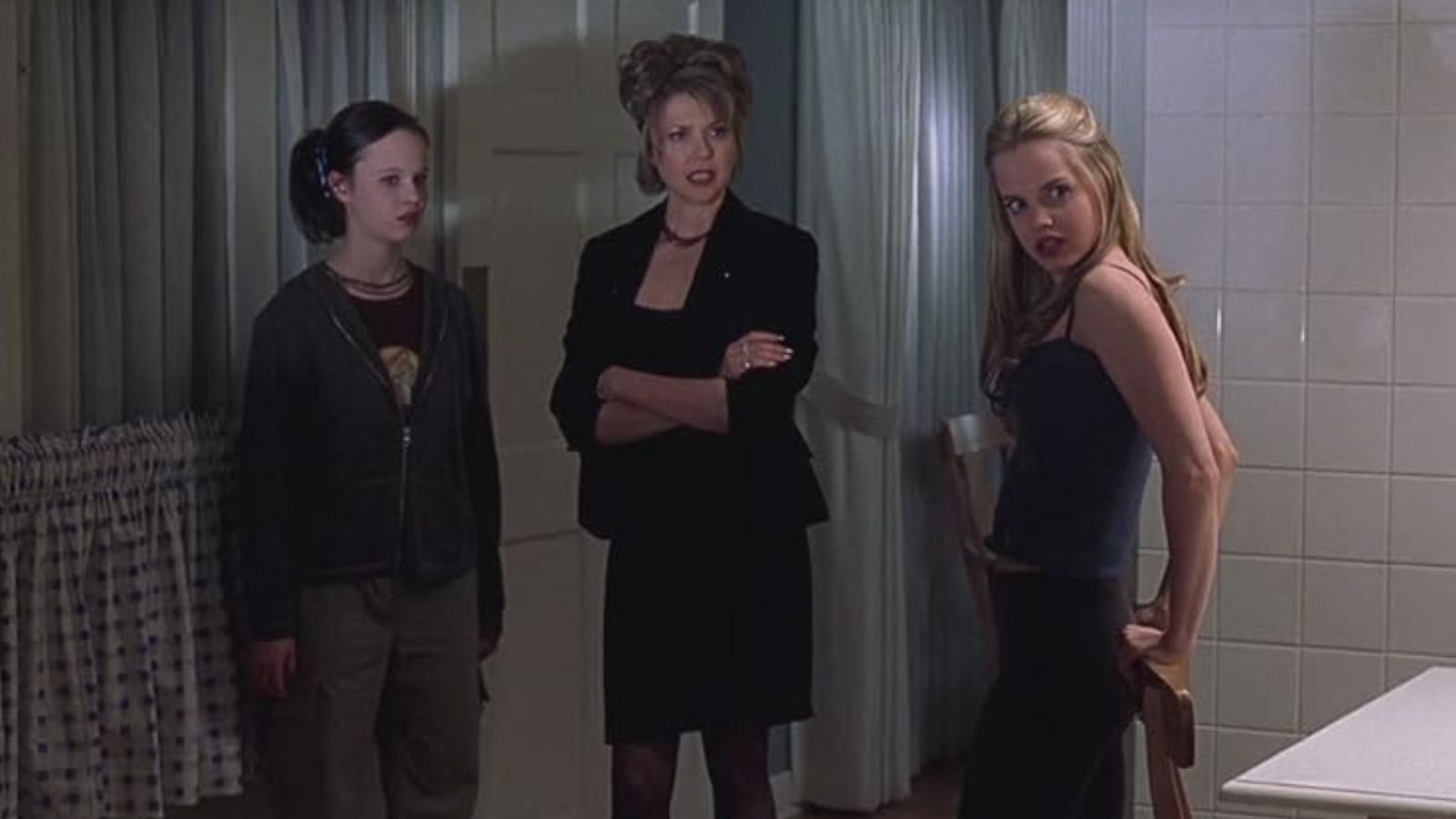
Exploring suburban life and personal liberation through dark humor, American Beauty challenges societal norms. But while it might’ve felt forward-thinking at the time of its release, its portrayal of taboo subjects ventures into cliché territory, diminishing its impact on contemporary audiences.
The Artist
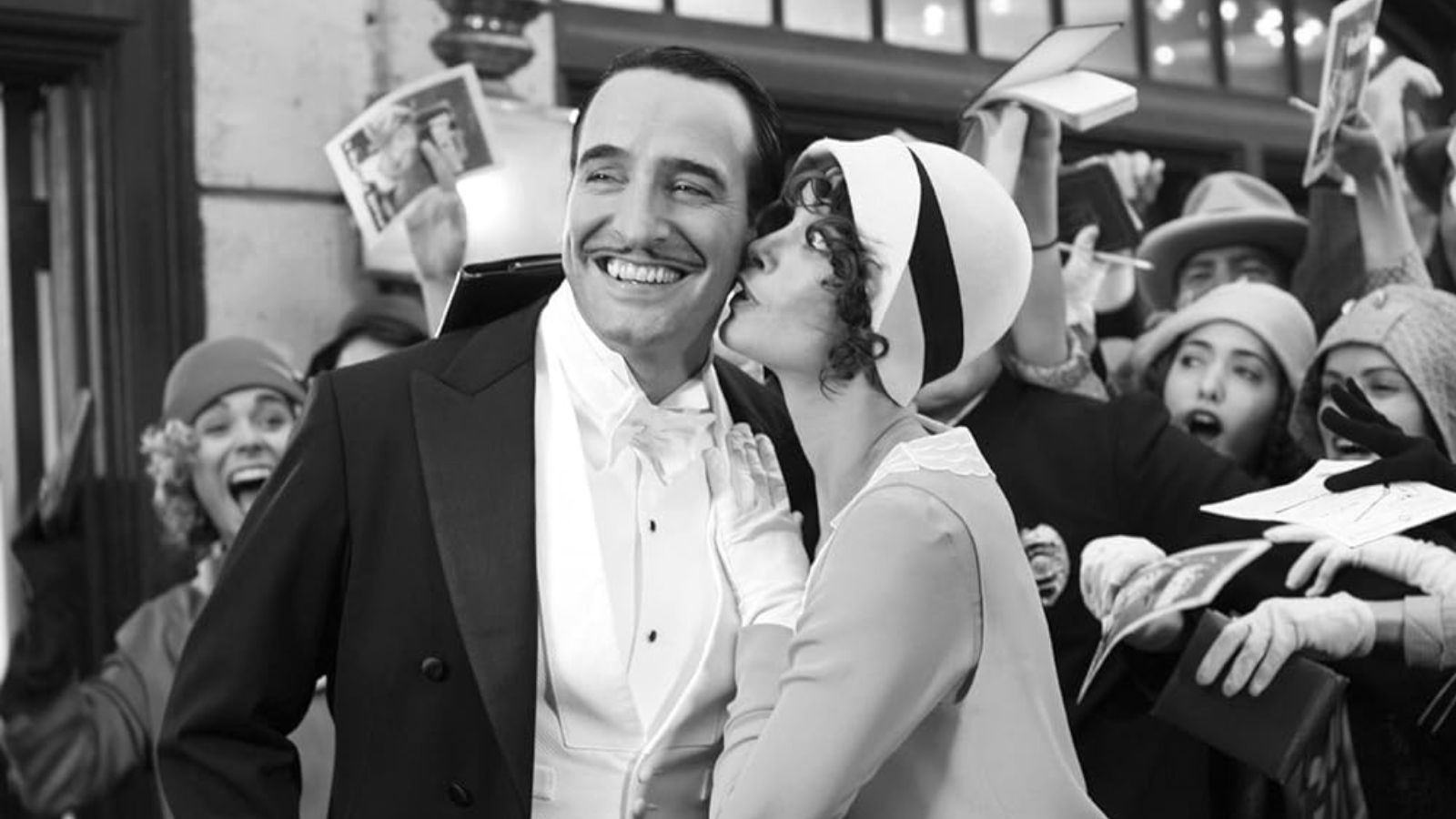
Paying nostalgic homage to the silent film era, The Artist captivates with its black-and-white cinematography and expressive performances. Yet its reliance on nostalgia overshadows a deeper exploration of its characters’ motivations and conflicts.
The Hurt Locker
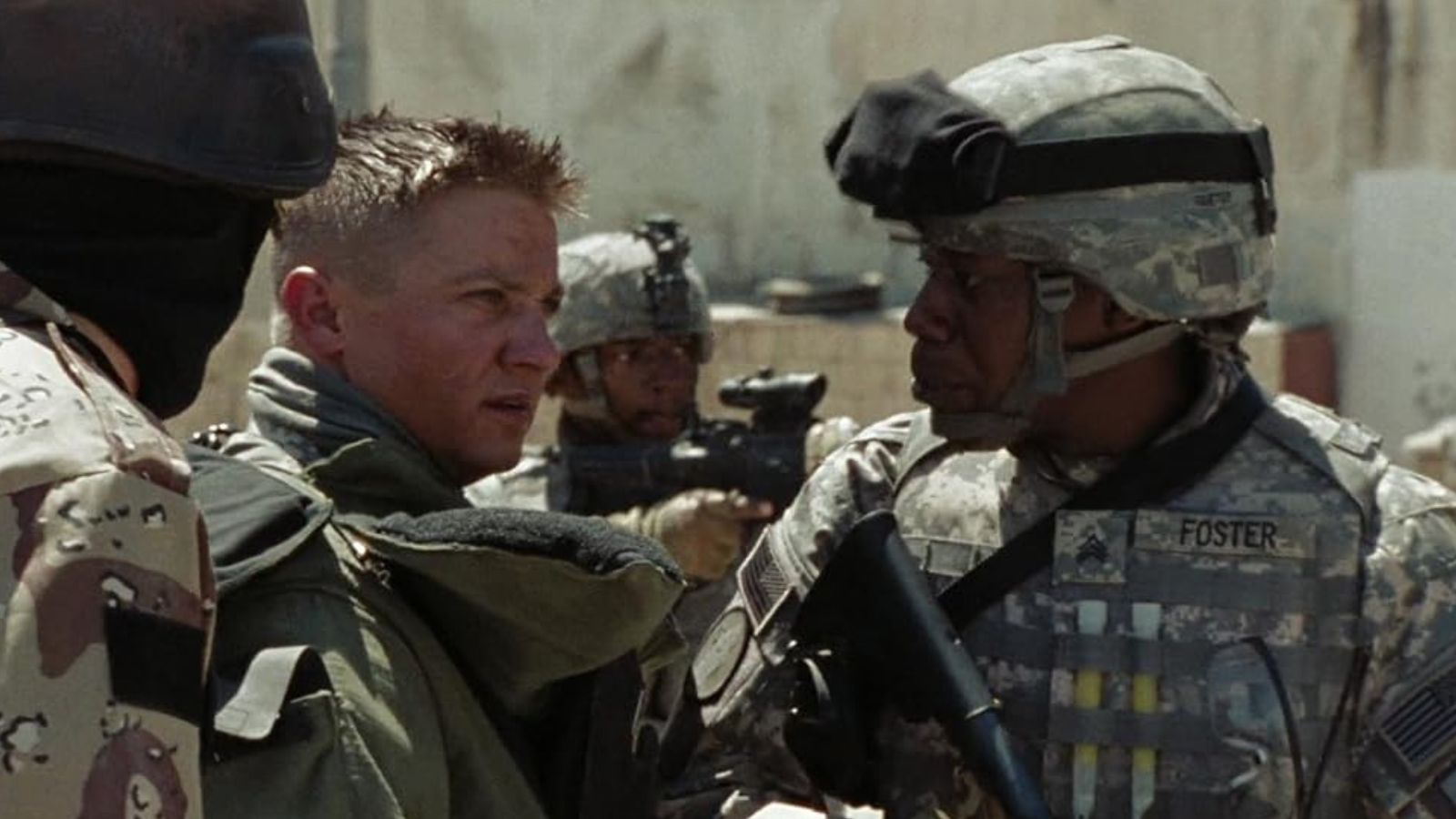
Receiving acclaim for its tense portrayal of bomb disposal experts in Iraq, The Hurt Locker captures the intensity of war. But does its narrow focus on suspenseful moments neglect a broader examination of the war’s impact on individuals and society?
Fight Club
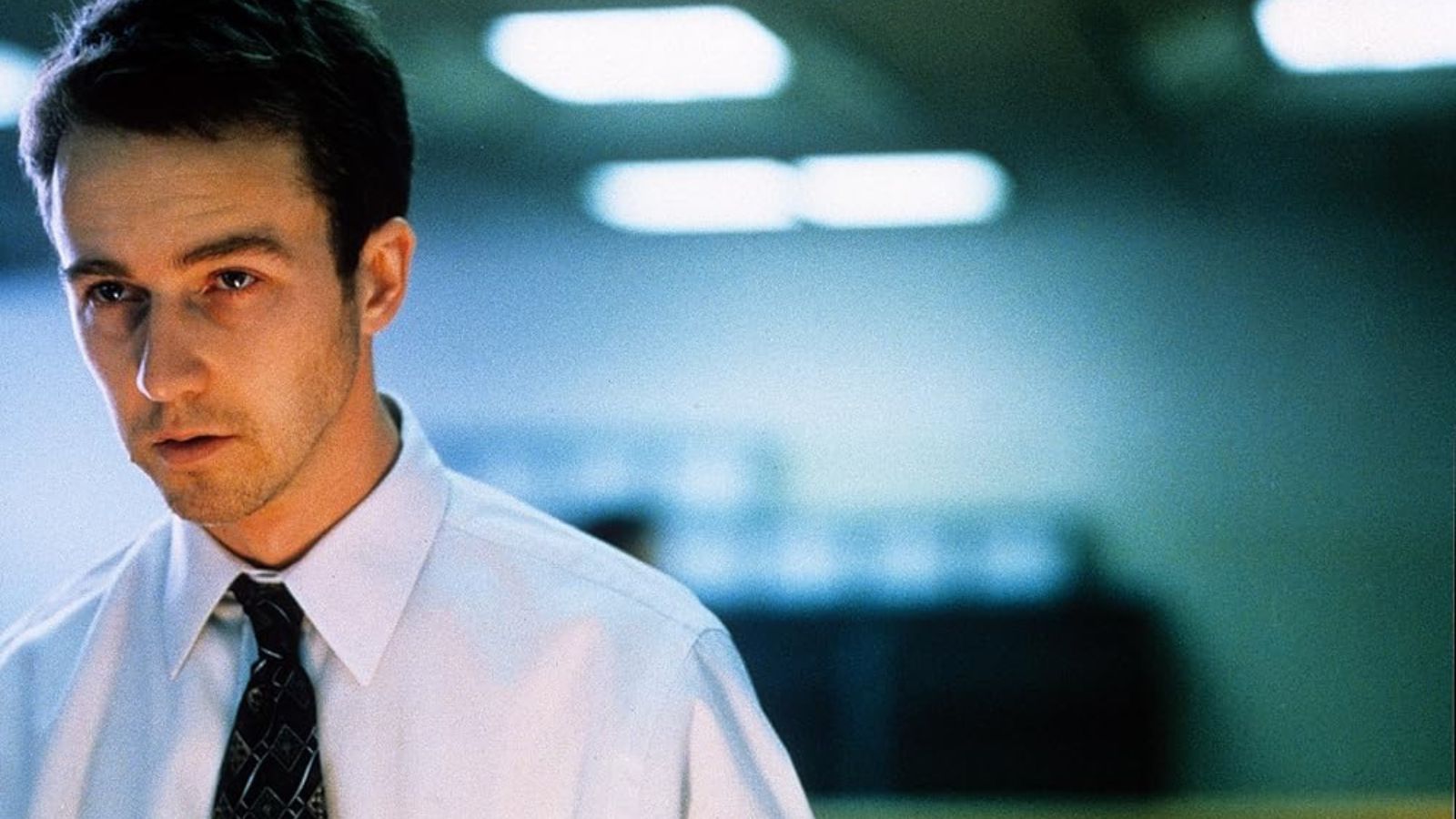
It might explore themes of masculinity and anti-establishment ideals and challenge conventional norms, but Fight Club fails to capture a wide audience. Its unashamed glorification of violence and undiluted nihilism overshadow its critique of consumer culture and identity, leaving many viewers confused.
Crash

Interweaving multiple narratives to explore race relations in Los Angeles, Crash may confront societal prejudices head-on, but its reliance on stereotypes leaves a sour aftertaste. Viewers often slate the film for its heavy-handed approach and inability to present a nuanced portrayal of complex social issues.
The Revenant
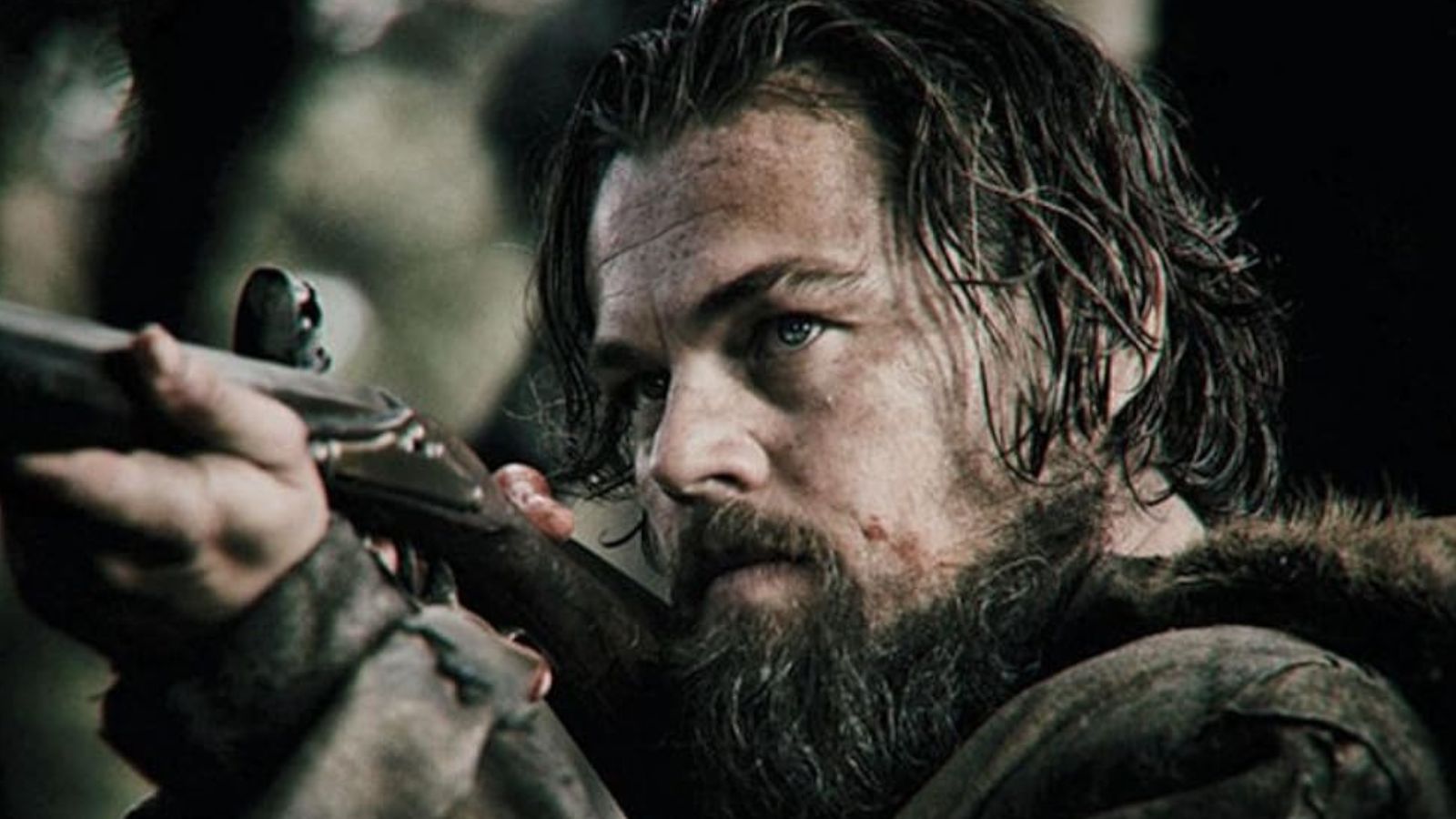
Impressing with its stunning cinematography and intense performances, The Revenant immerses viewers in a tale of survival and revenge that chills us to our core. But the film is often criticized for its reliance on spectacle and setting. This emphasis on visual spectacle overshadows character development and emotional resonance.
The Greatest Showman
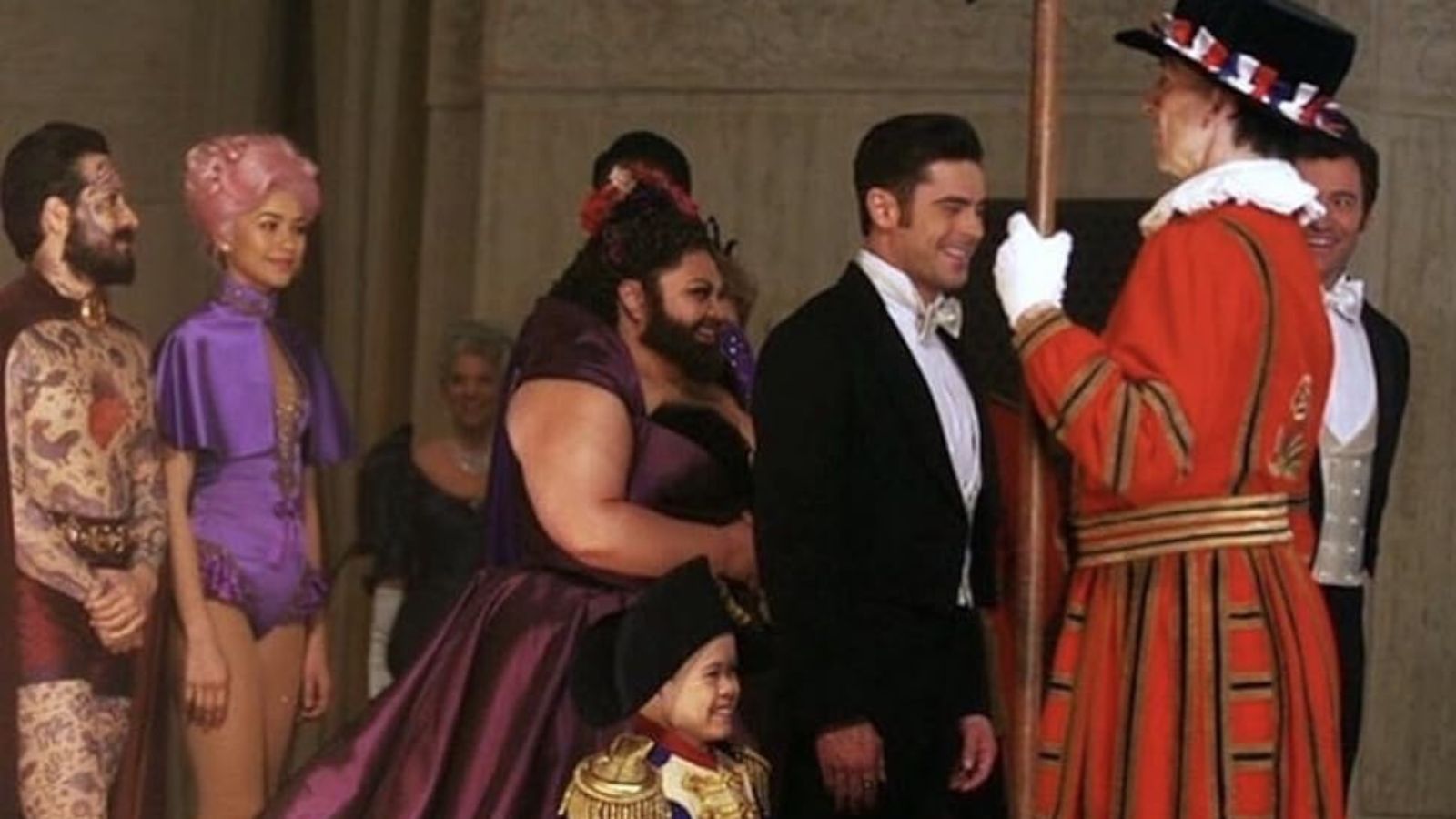
Criticized for ignoring meaty themes, The Greatest Showman celebrates the spirit of showmanship and succeeded in dazzling audiences with its musical numbers and charismatic performances. But beneath the glitzy surface, the movie glosses over P.T. Barnum’s controversial legacy, detracting from its intended message of inclusivity and acceptance.
The Big Lebowski
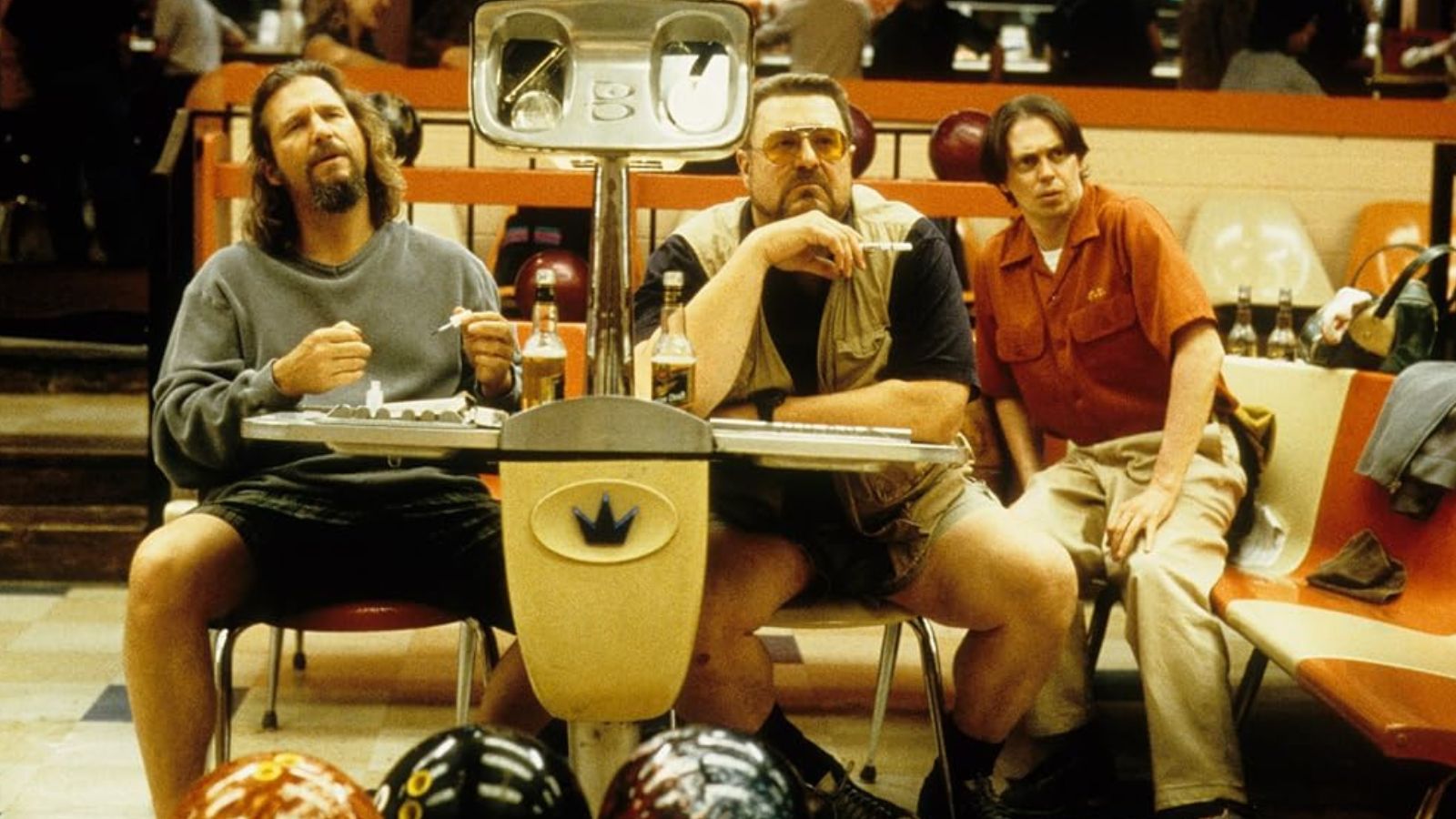
Gaining a cult following for its quirky characters and offbeat humor, The Big Lebowski defies conventional storytelling. The Coen brothers are known for their abstract take on reality, and this film is no exception, yet many people feel it goes too far. Does its meandering plot and eccentricity alienate viewers seeking a more cohesive narrative structure? We think it might.
A Beautiful Mind
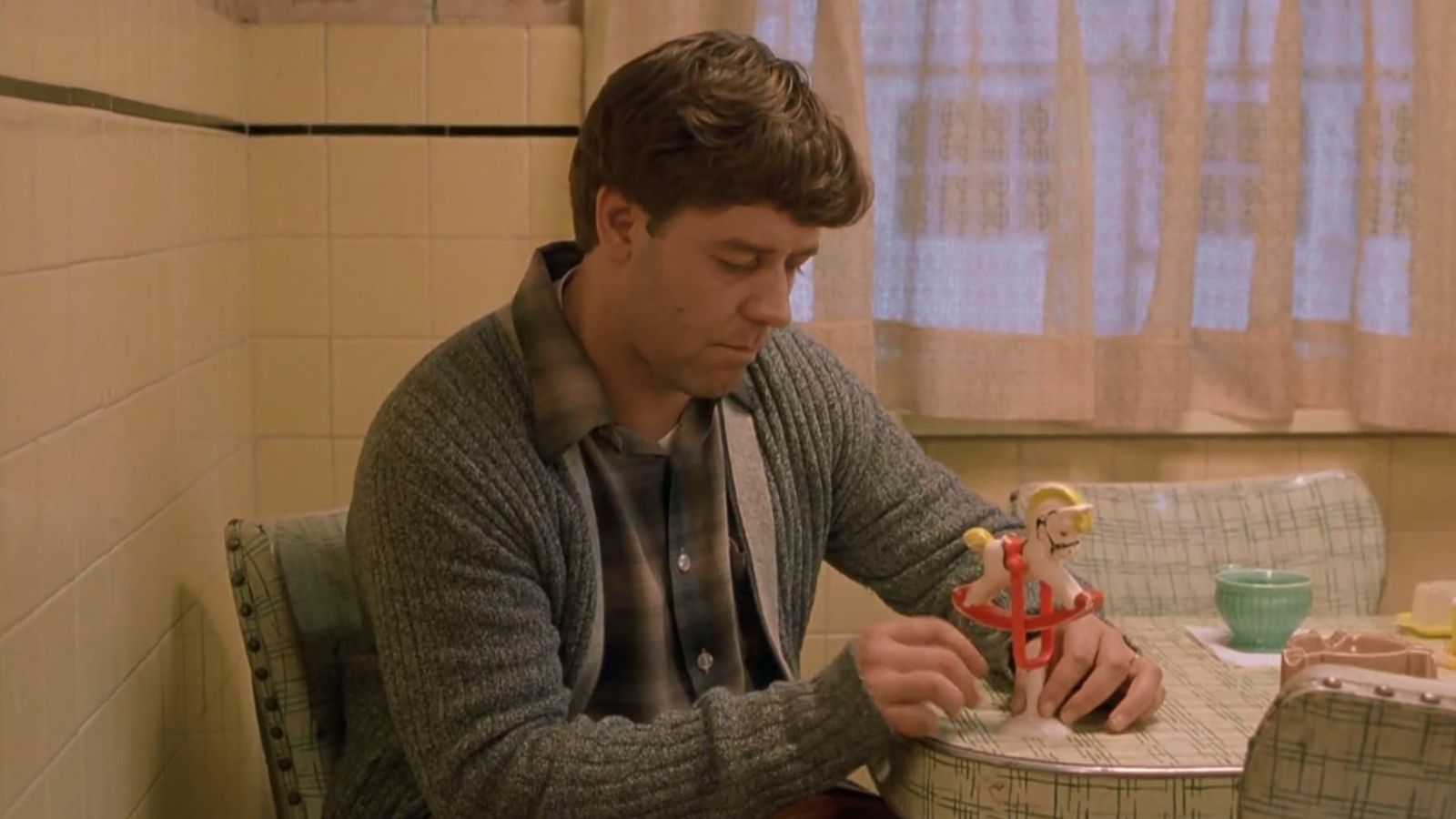
John Nash and his battle with schizophrenia is well documented in A Beautiful Mind, but beneath the exploration of genius and mental illness, many important details were missed. The film is frequently scrutinized for being a Hollywoodized portrayal of Nash’s life, sacrificing accuracy for dramatic effect and leaving viewers questioning its authenticity.
